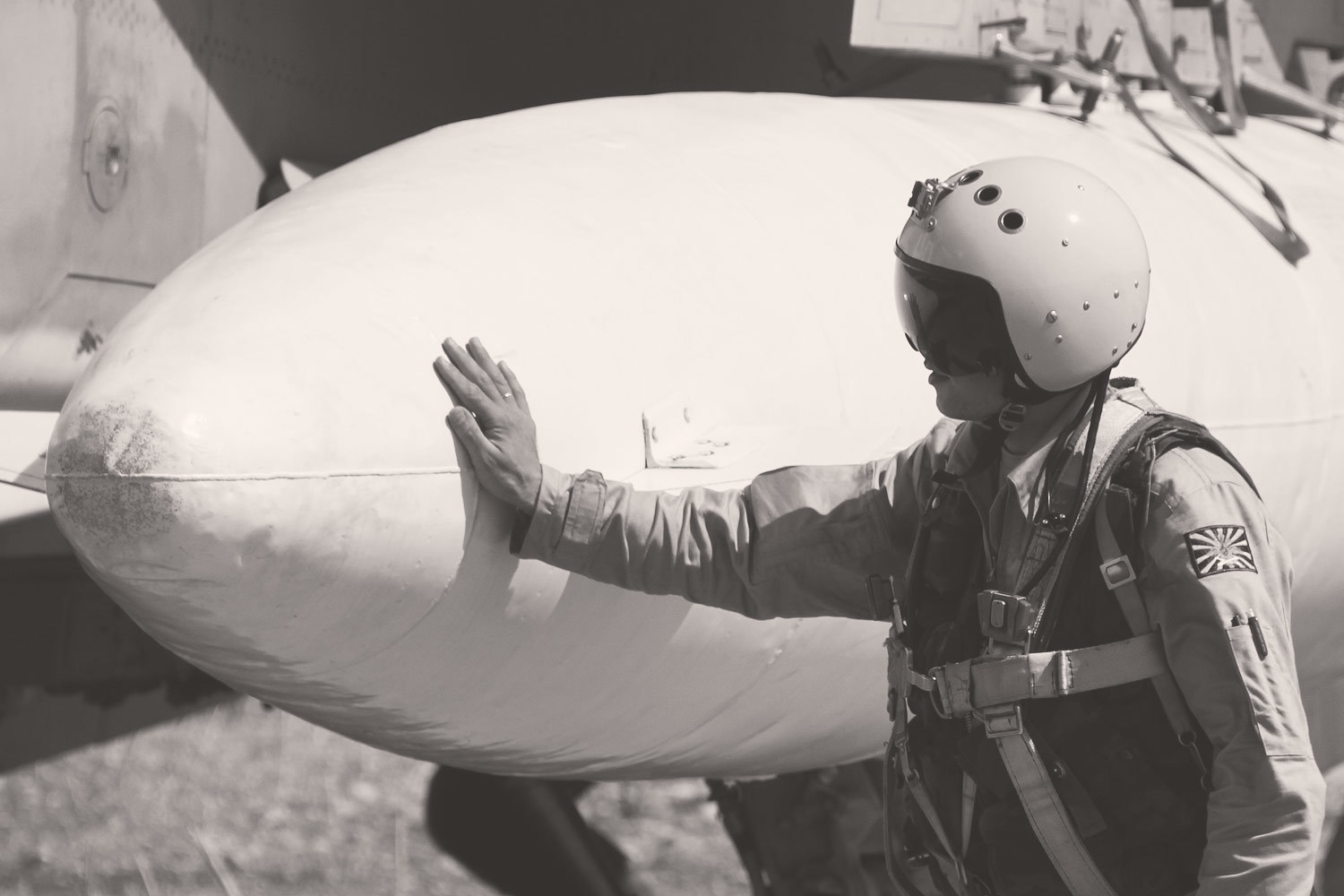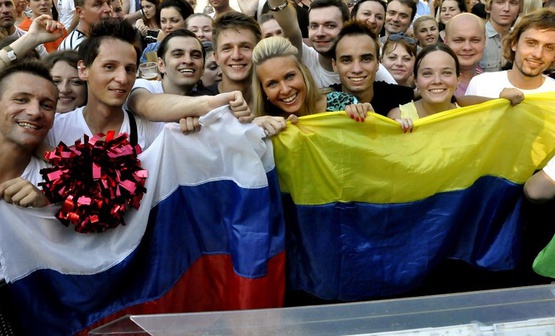“The war in Syria is not a hybrid war or a media conflict,” Denis Sokolov says. Instead, “for the almost half million combatants fighting there it is a very real war,” one that they and their supporters may bring to Russia in the form of real terrorism across the country and even the horrors of civil war.
In a commentary in “Vedomosti” today, the Moscow sociologist says that Russia has been successful in dealing with hybrid forms of war and “the simulacrum of terrorism” to promote the agenda of the Kremlin elite but it now faces a real war and the challenges are more serious.
“Terrorism,” the expert from the Russian Academy of Economics and State Service says, “has already taken several thousand lives and now, in conjunction with the fall of oil prices, the conflict in Ukraine and the expansion of military ambitions in the Middle East, it may bring the conflict onto Russian territory.”
That is because, Sokolov says, “the war in Syria and Iraq is not a hybrid war which ‘polite little green men’ can cope and not the blackmailing of ‘our Western partners’ who are prepared even to move red lines if only there will not be a war.” Instead, there are real fighters who don’t take their views from NTV TV channel and who can reorient the conflicts inside Russia.
As a result, he argues, “home-grown’ terrorism can grow out of the format of special operations into that, as is already the case in Syria, of a real war.” Even if the Syrian campaign against Assad’s opponents is “simply a symbolic action,” it will bring into Russia “unlimited terror” not just in the North Caucasus but “throughout the entire territory of the country.”
The siloviki are “provoking Muslims [in Russia] with repressions that have no justification, but they will disappear from the streets when it will become dangerous and the budget collapses.” Then, Sokolov says, people will decide to form “detachments of self-defense,” leading to “pogroms and possibly civil war.”
The domestic conflicts and acts of terrorism Russia has faced up to now, Sokolov says, are one thing. But when war begins, “everything changes – terrorism, divisions, and opposition can change from being simulacra of a horrible beast into a civil war,” as one can see if one looks at what happened in Russia in the first part of the 20th century or in Ukraine more recently.
One source of cadres for such conflicts are those who fought in the Donbas; another and more widespread one are Muslims from across Russia who have gone to Syria to fight for the Islamic state, the Moscow scholar says. (He cites figures from various republics.) When they return as return they will, they will seek to extend its influence at home.
If and when that happens, he suggests, the kind of terrorism Moscow has faced up to now will be “transformed into a real civil war” that its participants will treat as a serious business rather than something less and be based on ISIS control of major revenue streams from the sale of raw materials like oil.
In that case, he implies, the methods Moscow has used up to now will clearly be insufficient to ensure that it will be able to keep the situation under control.






